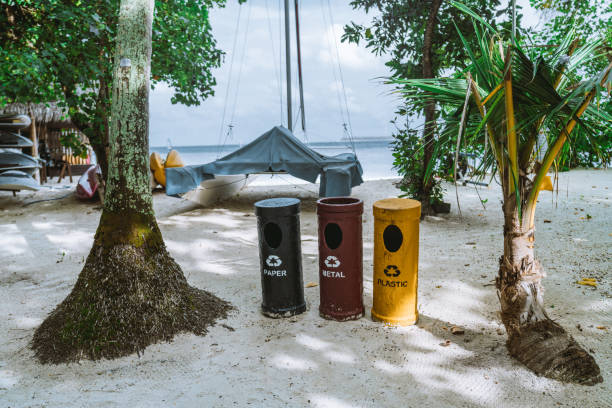Waste management is a critical issue that affects communities worldwide. From overflowing landfills to plastic pollution in our oceans, the impact of improper waste disposal is undeniable. In order to address this growing problem, it is essential for communities to implement comprehensive waste management solutions that not only reduce waste but also empower individuals and organizations to take action.
One such solution is the concept of “waste not, want not.” This phrase emphasizes the importance of minimizing waste by using resources efficiently and responsibly. By adopting this mindset, communities can significantly reduce their environmental footprint while also saving money and resources in dive into the details process.
Empowering communities through comprehensive waste management solutions involves a multi-faceted approach that addresses various aspects of waste generation, collection, recycling, and disposal. This includes implementing recycling programs, promoting composting initiatives, reducing single-use plastics, and educating residents about the importance of proper waste disposal practices.
Recycling programs are an essential component of any comprehensive waste management strategy. By separating recyclable materials from general waste and processing them into new products, communities can significantly reduce their landfill contributions while conserving valuable resources such as paper, glass, metal, and plastic.
Composting initiatives are another effective way to manage organic waste and promote sustainability. By converting food scraps and yard trimmings into nutrient-rich compost for gardens and landscaping projects, communities can divert organic materials from landfills while also improving soil health and reducing greenhouse gas emissions.
Reducing single-use plastics is another key aspect of empowering communities through sustainable waste management solutions. By encouraging residents to use reusable bags, containers, and water bottles instead of disposable alternatives, communities can minimize plastic pollution in their local environment while also conserving natural resources.
Education plays a crucial role in empowering individuals to make informed choices about their consumption habits and waste disposal practices. By raising awareness about the environmental impacts of improper waste management and providing practical tips for reducing waste at home or in the workplace, communities can inspire positive behavior change among residents.
In conclusion,waste not want not: Empowering Communities Through Comprehensive Waste Management Solutions is vital for creating a more sustainable future for generations to come. By implementing recycling programs ,composting initiatives,reducing single-use plastics,and educating residents about proper wastemanagement practices ,communities can work together towards building a cleaner healthier planet for all .It’s time we all take responsibility for our actions when it comes managing our wastes because every little effort counts towards making a big difference in long run .




